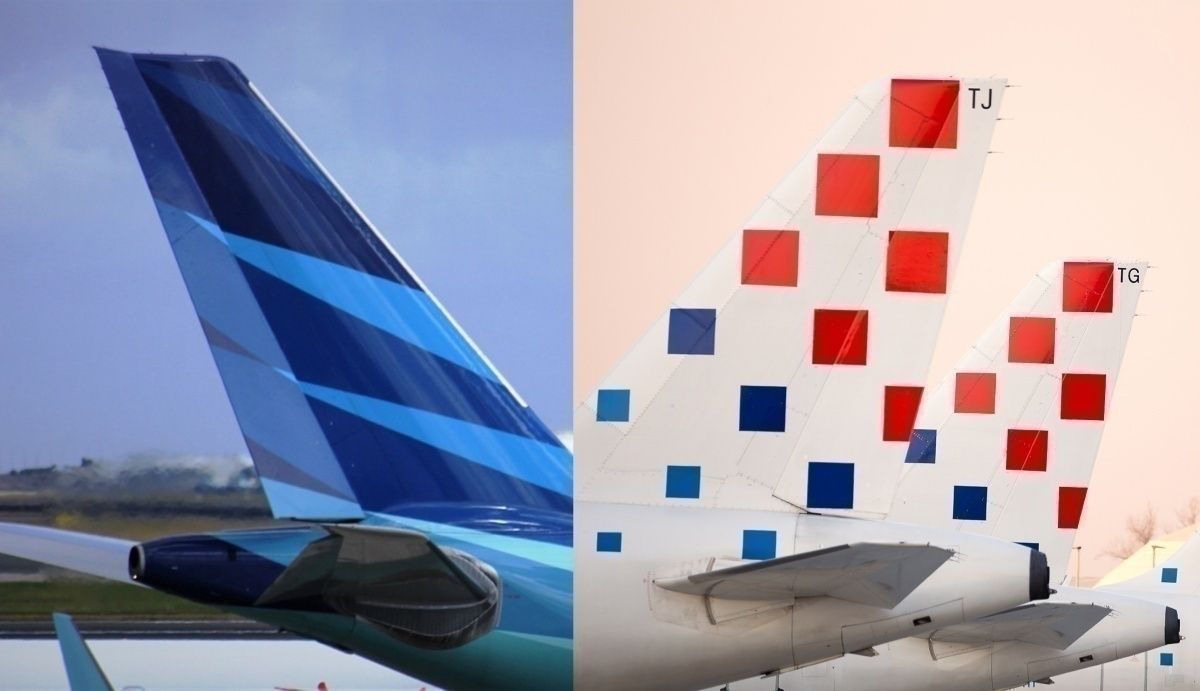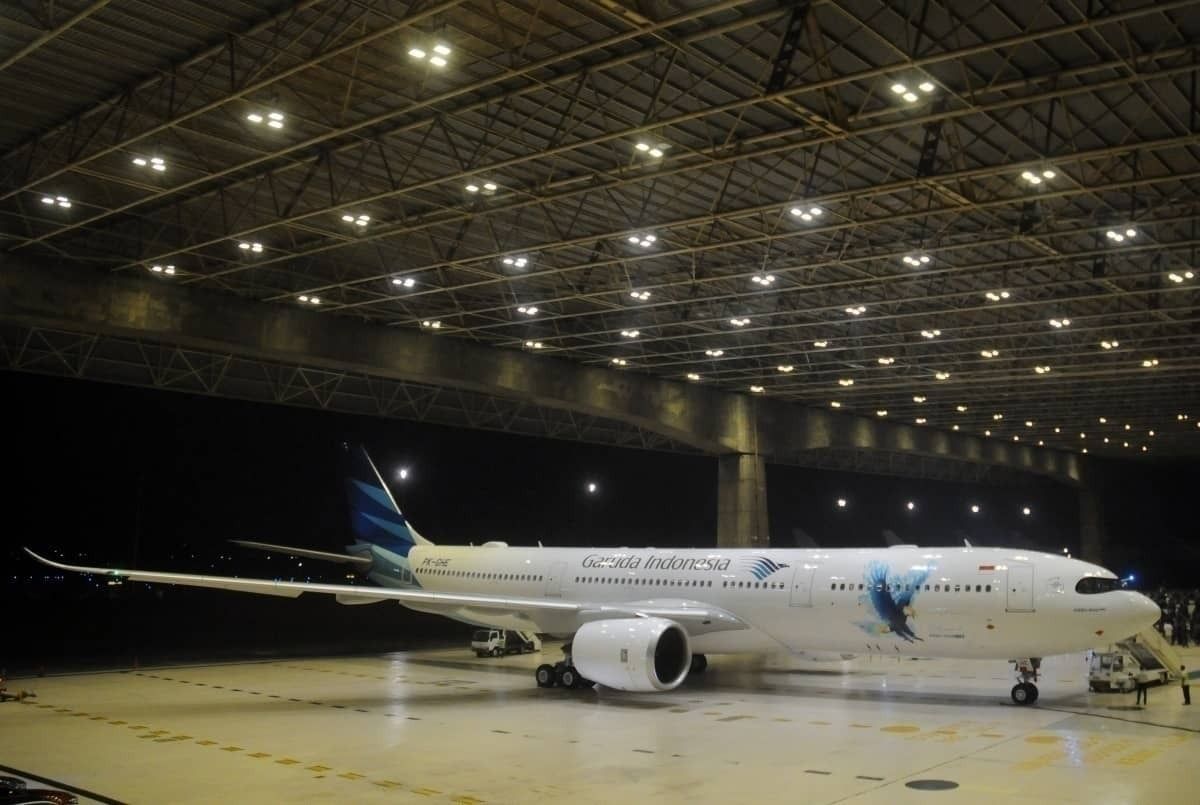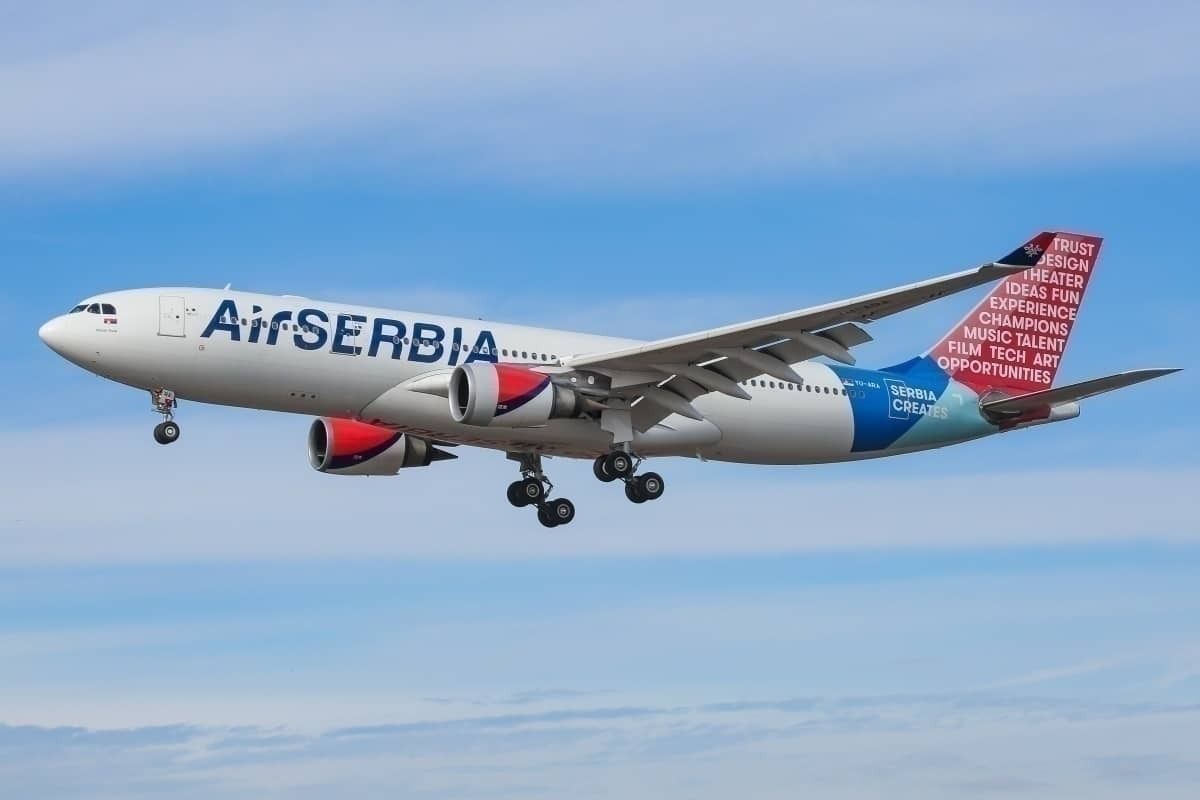Almost a decade ago, in 2013, Garuda Indonesia expressed an interest in buying Croatia Airlines. Garuda wanted to use Croatia Airlines as part of its strategy to expand in Europe. So why did the partnership fall through?
Garuda was very interested
In August 2013, the Croatian Ministry of Sea, Transport and Infrastructure reported that a delegation from the Croatian Government was on an official visit to Jakarta, Indonesia.
Siniša Hajdaš Dončić, who was the Minister at the time, met with Indonesian entrepreneur Suryo Sulisto who was then the Chairman of the Indonesian Chamber of Commerce. Emirsyah Satar, who was then the CEO of Garuda, was there too, along with board members of the airline.
The meeting was a follow-up to a previous expression of interest. The management of the Indonesian airline had stated that Garuda wished to enter a "strategic partnership" with Croatia Airlines, as part of an interest to expand into the European market.
It is unusual for ministerial Croatian Government officials to hold such bilateral meetings, and especially unusual to travel abroad to conduct them. Indonesia is, and has always been, a relatively insignificant political and economic partner for Croatia. Thus, the partnership seemed at the time like a done deal.
However, when the Croatian Government launched a privatization tender just weeks later, Garuda did not submit a letter of interest. In fact, not a single letter was submitted by the deadline on 28th November 2013, dnevnik.hr reported at the time.
So what went wrong?
Why did the partnership fall through?
Perhaps it was inevitable that Garuda's strategic partnership with Croatia Airlines would fall through. Croatia has still not privatized its flag carrier, despite several attempts. The most recent Croatia Airlines privatization process was halted this year.
Garuda does not have a track record of reliability either. The Indonesian airline is known for making multiple schedule changes in short amounts of time. It has also taken the unusual step of banning passengers from taking photos on flights after someone posted a bad review. Emirsyah Satar, the CEO who wanted to purchase a stake in Croatia Airlines, was recently indicted on corruption charges.
What also made this partnership difficult were the European Union restrictions on foreign investment. By the time Garuda's management met with the Croatian delegation in Jakarta in August 2013, Croatia had already become a member state of the EU. As such, Garuda could only acquire 49% ownership in Croatia Airlines, which would force it to share all decision-making with the Croatian government. This is the same Croatian government that has been managing Croatia Airlines with questionable success over the last two decades.
Air Serbia spoils Garuda's Croatia Airlines plans
Just as Garuda was deciding on whether to acquire 49% of Croatia Airlines, Etihad Airways announced on 1st August 2013 that it would purchase 49% of Serbia's national airline JatAirways and re-brand it into Air Serbia.
Etihad's investment transformed the Serbian flag carrier and turned Air Serbia into a regional leader, dethroning Croatia Airlines from that position. Air Serbia captured many regional transfer passengers previously served by Croatia Airlines, offering more destinations and higher frequencies on routes across Europe and in Asia.
Garuda was due to submit a formal letter to the Croatian Government indicating its committed interest in Croatia Airlines by the end of November 2013. Air Serbia had already been flying for a month by then, and Belgrade became a regional hub with multiple daily connections to Abu Dhabi.
Therefore, any strategy that Garuda might have had for Croatia Airlines as its partner became unfeasible by that point. The strategic partnership was just not meant to be...



